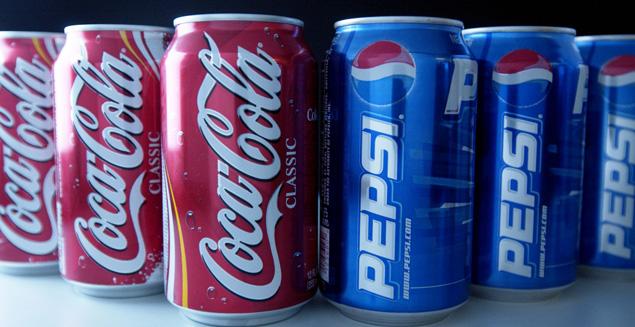
Cola’s color comes in part from 4-methylimidazole (4-MEI or 4-Mel), a chemical that forms in the production of caramel food coloring.
Coca-Cola, Pepsi and other manufacturers insist it is safe at the low doses found in drinks.

But studies have shown that long-term exposure to the chemical causes lung cancer in rats, and health officials in California ruled that products with more than 29mcg must carry a health warning.
When research by the Center for Science in the Public Interest, a campaign group, found cans contained nearly 140 mcg, all Cola companies across the U.S. were forced to cut levels.
Food campaigners say daily consumption of 4-MI at 30 mcg would cause cancer in one in 100,000 people over their lifetimes.
But the U.S. Food and Drug Administration says that someone would need to drink more than 1,000 cans of cola every day to reach the levels that caused cancer in lab rats.
[youtube hzdex3Ejb9Y]